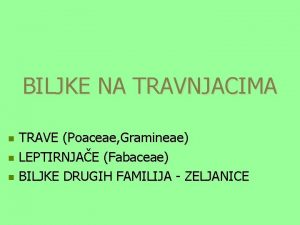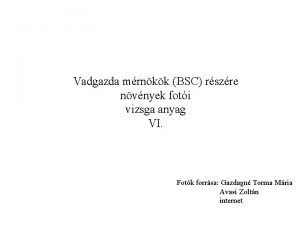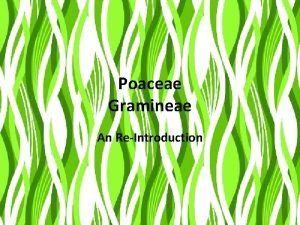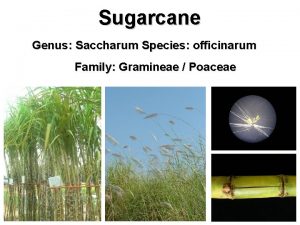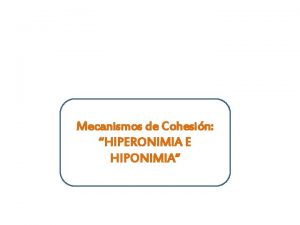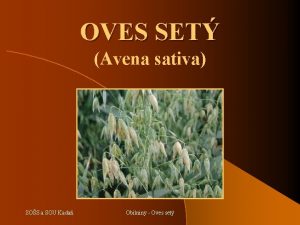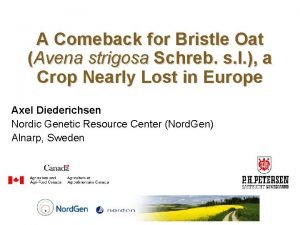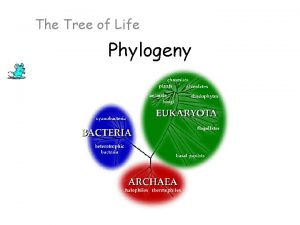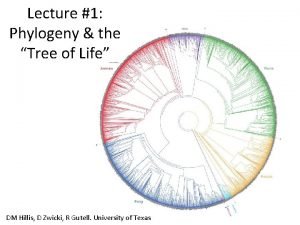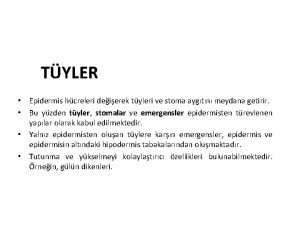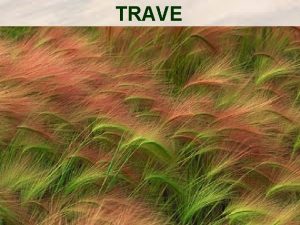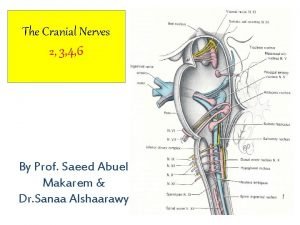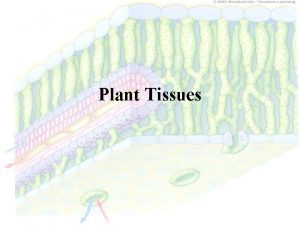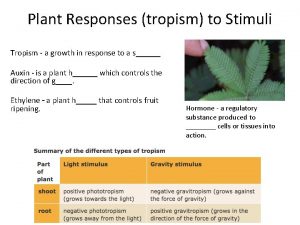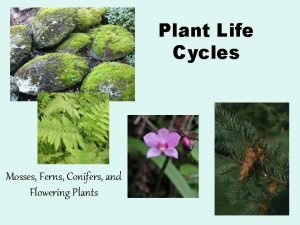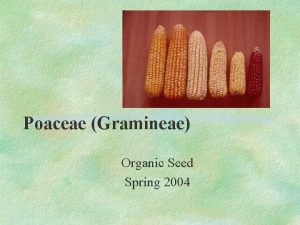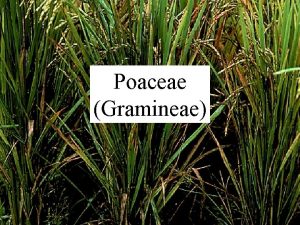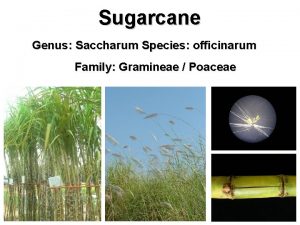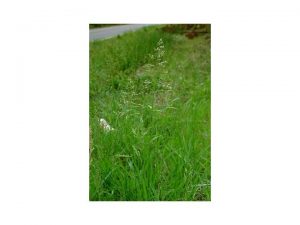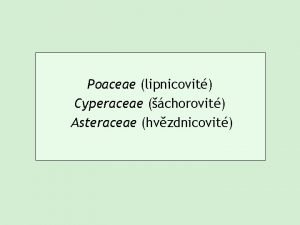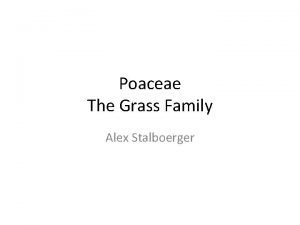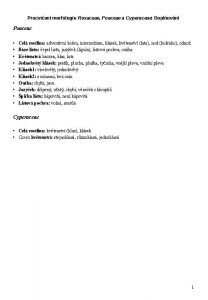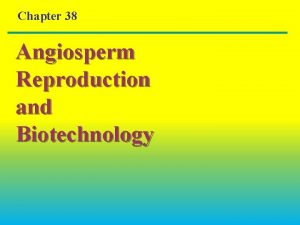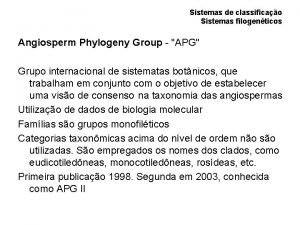Poaceae Gramineae Order Poales Angiosperm Phylogeny Group Avena
















- Slides: 16

Poaceae (Gramineae)

Order Poales Angiosperm Phylogeny Group

Avena (oats) Oryza (rice) Triticum (wheat) Poaceae is by far the most economically important family of angiosperms. Saccharum (sugarcane) Zea (corn) Bambusa (bamboo)

Poaceae is probably the most economically important group of angiosperms. Staple cereals: Sugar: Oryza (rice), Triticum (wheat), Avena (oats), Zea (corn), Secale (rye) Saccharum (sugarcane), Sorghum Alcohol: Oryza (sake), Saccharum (rum), Hordeum (beer), Secale and Zea (whiskey) Other stuff: Forage and fodder, paper and building materials (e. g. bamboo), essential oils (e. g. lemongrass), ornamental and turf grasses.

Poaceae family diversity: • 13 subfamilies • 668 genera • 85 genera in New England • 55 in Vermont Angiosperm Phylogeny Group • 10, 035 species

Angiosperm Phylogeny Group Poaceae distribution: Cosmopolitan distribution, specializing in drier sites.

Vegetative characters: • Perennial and sometimes annual herbs • Upright stems (culms) round • Nodes swollen • Internodes hollow • Leaves alternate, simple, entire, with parallel venation. Sheathing at base, sheath open. • Ligule often present

Reproductive characters: • Perianth, if present, of lodicules • Androecium of usually 3 stamens • Ovary superior, of 3 fused carpels • Fruit a caryopsis

Reproductive characters: Floral Formula:

Reproductive characters: Florets are enclosed by two bracts, the palea and the lemma palea lemma rachilla

Reproductive characters:

Reproductive characters: Florets are arranged in spikelets, these subtended by a pair of glumes

glumes ‘Exploded’ spikelet of brome grass ‘Telescoped’ spikelet


Inflorescence types vary: spike raceme panicle

Character JUNCACEAE (Rushes) CYPERACEAE (Sedges) POACEAE (Grasses) Habitat Mostly wet areas Wetlands and upland woods Various Stems Terete in cross section Internodes solid with large pith Nodes not jointed Triangular (not always visible) Internodes usually solid Nodes not jointed Terete or ellipsoid Internodes hollow (to solid) Nodes jointed Leaves 3 -ranked Blades flat to terete Open sheath 3 -ranked Blades flat 2 -ranked Blades flat Closed sheath Open sheath Basically cymose and often congested Each flower subtended by 2 bracts Spikelets Each flower subtended by one bract (scale) Each flower subtended by 2 bracts (lemma and palea Perianth Usually 6 chaffy tepals Absent or of bristles or scales Reduced to 2 (or 3) scales Fruit Loculicidal capsule Achene Caryopsis (grain) Inflorescence
 Gramineae
Gramineae Agropyron sp
Agropyron sp Grass awns dogs
Grass awns dogs Characteristics of grass
Characteristics of grass Sugarcane family gramineae
Sugarcane family gramineae 5 ejemplos de hiperonimia
5 ejemplos de hiperonimia Avena obilnina
Avena obilnina Avena strigosa
Avena strigosa Unrooted phylogenetic tree
Unrooted phylogenetic tree Ingroup phylogenetic tree
Ingroup phylogenetic tree Sister taxa
Sister taxa Gramineae tipi stoma
Gramineae tipi stoma Livadski vijuk
Livadski vijuk Via optica
Via optica Monocot stem
Monocot stem Angiosperm lifecycle
Angiosperm lifecycle Moss fern gymnosperm angiosperm
Moss fern gymnosperm angiosperm
